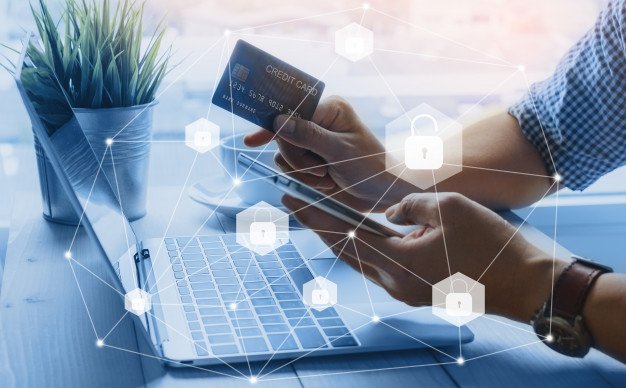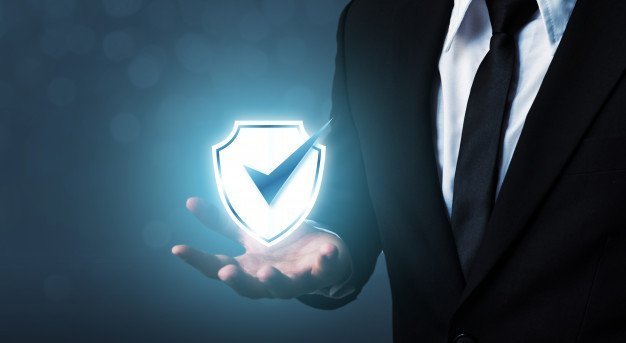Coworking has completely changed how many entrepreneurs, startups, and established businesses alike approach their work. The coworking space can provide businesses with many benefits such as the opportunity to grow your professional network, surround yourself with positive and so on. Even you can grow the like-minded people, and use state-of-the-art technology. Apart from all coworking benefits, there are also similarly considerable dangers of it as well. Hence, a workplace must have to look for absolute security e.g having a solid and secure wifi connection.
What’s more, operating your business from a coworking space will help you to lower your business costs. This would leave you with more capital at your disposal to reinvest in the important areas of your business.
With many businesses increasingly moving different aspects of their operations into the online realm, internet security is becoming more of an issue. Actually, this issue occurs with good reason. When you are working with a shared connection, you need to be aware of the dangers of unsecured wifi in coworking spaces, so that you can ensure that your data is always protected.
A secure internet connection is crucial for your business in this day and age. When you are choosing a coworking space provider, it’s vital that you inquire as to what kind of security they have in place. Premium providers are always the best option as they will have invested money in the best connections, technology, and security.
Let’s take a closer look at just a few reasons that you need a secure wifi connection when you are working from a shared space.
i. Data Risks:
Coworking spaces can have a lot of people coming and going throughout the working day. In a shared space, you will certainly have the opportunity to get to know people and interact with your new coworking colleagues. However, you won’t know everyone and certainly not well enough that you know that you can trust them or not.
If not managed properly, this situation can create opportunities for cybercriminals who might try and infiltrate the network to gain access to your information. Coworking spaces are attractive locations for hackers to try and gain access to information being transferred over public networks.
This means that may have the opportunity to access usernames, passwords, and browser history. For this reason, it’s crucial that you choose a coworking space from a premium provider who has the right systems in place to keep your data secure.
ii. Increased Productivity:
With a high-speed secure wifi connection, you can get more work done faster. There’s nothing worse than battling with slow internet speeds and trying to get your work completed when downloads are taking forever. Moreover, if pages won’t load and your emails won’t send.
With more businesses utilizing online tools and cloud-based services( as per its enormous benefits), reliable internet is crucial for you to be productive in your day-to-day tasks.
Whether you are managing your books using online accounting software, you are a graphic designer using online editing tools or you are simply trying to use the applications in your Google Drive, having a sub-par internet connection will slow you down and have a huge impact on your productivity levels.
iii. Communication Is Key:
Communication is key to running a successful business. Whether you are managing a remote team or communicating with your clients, having a communication system in place that you can rely on is vital. It happens for the ongoing success of your business.
From using simple apps like Whatsapp to communicate with your team to seeking potential clients over Skype, businesses are increasingly reliant on technology and a solid secure wifi connection. In this way you can stay in touch with the people that matter to their business.
If you have a connection that is insecure, unreliable, or just patchy, you could end up missing out on closing important contracts and your bottom line could suffer as a result.
iv. A Secure Wifi Connection Is Critical:
In the modern business world, we are all more reliant on technology than ever before. Nowadays, virtually every business process requires a secure wifi connection. Furthermore, it’s critical that the connection is not just reliable but secure as well.
In a shared space, this is even more important as with more people using the space, your data is potentially at a higher risk. It happens of being hacked or stolen. Using a premium coworking provide that has the best technology in place will help you to overcome these challenges. Even you can work with the confidence that your data is secure and protected.
To be very honest, modern technology has provided both the advanced security system and advanced breach opportunities as well. The more advancements in technology will be implemented, the more both businesses will be harnessed. Well, keeping breach tactics so far, we have shared a blog on using an amazing technology, Called Captive Portal, a weapon to prevent unwanted wifi users and maintains a secure wifi connection. Check out immediately.
Read Also:





















